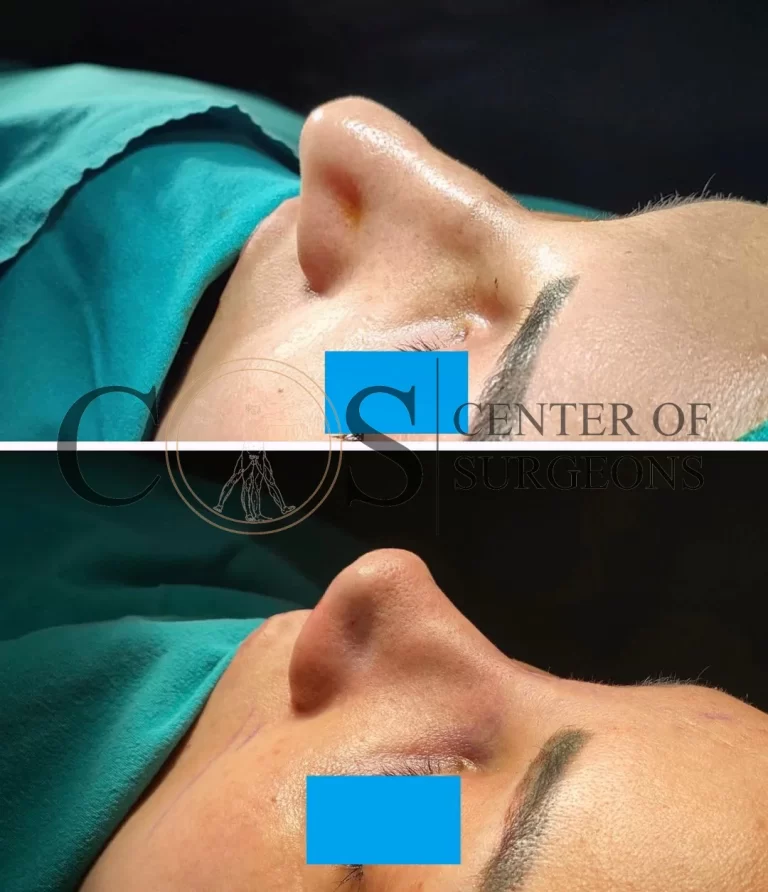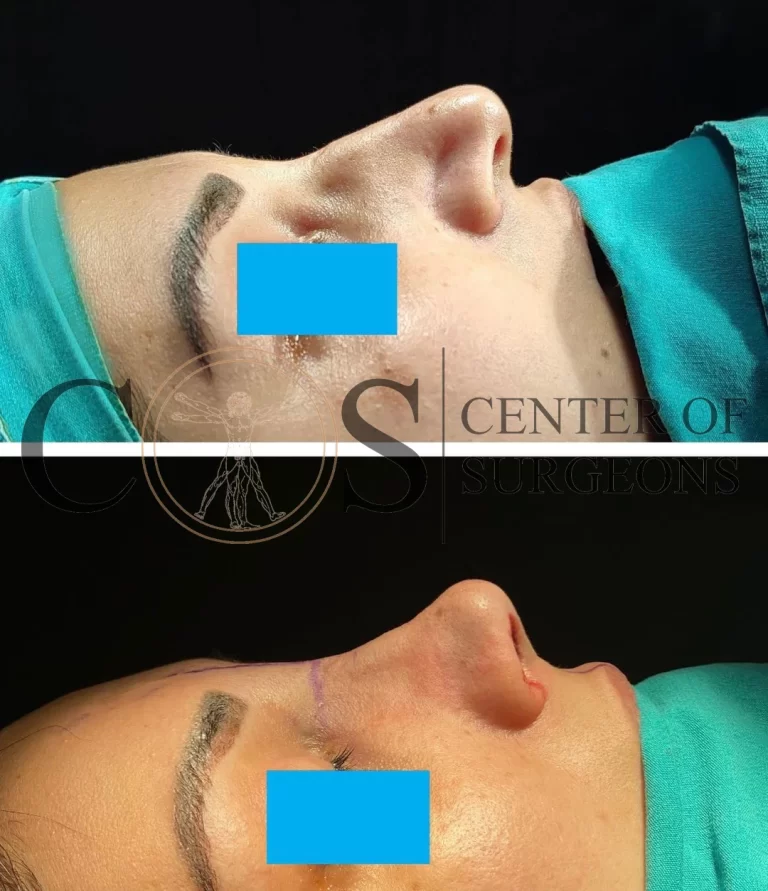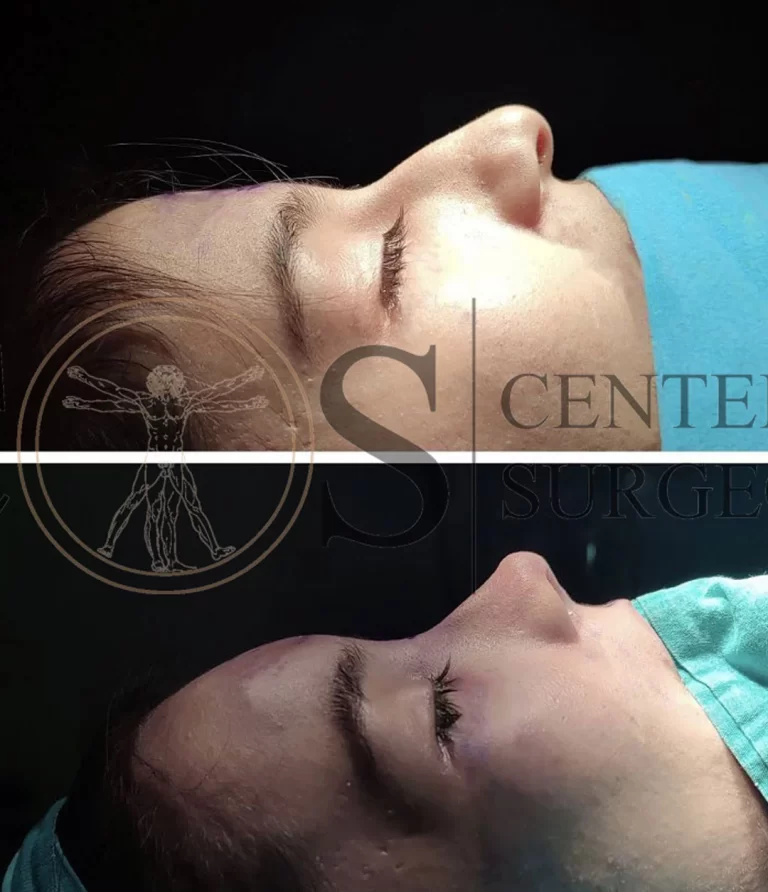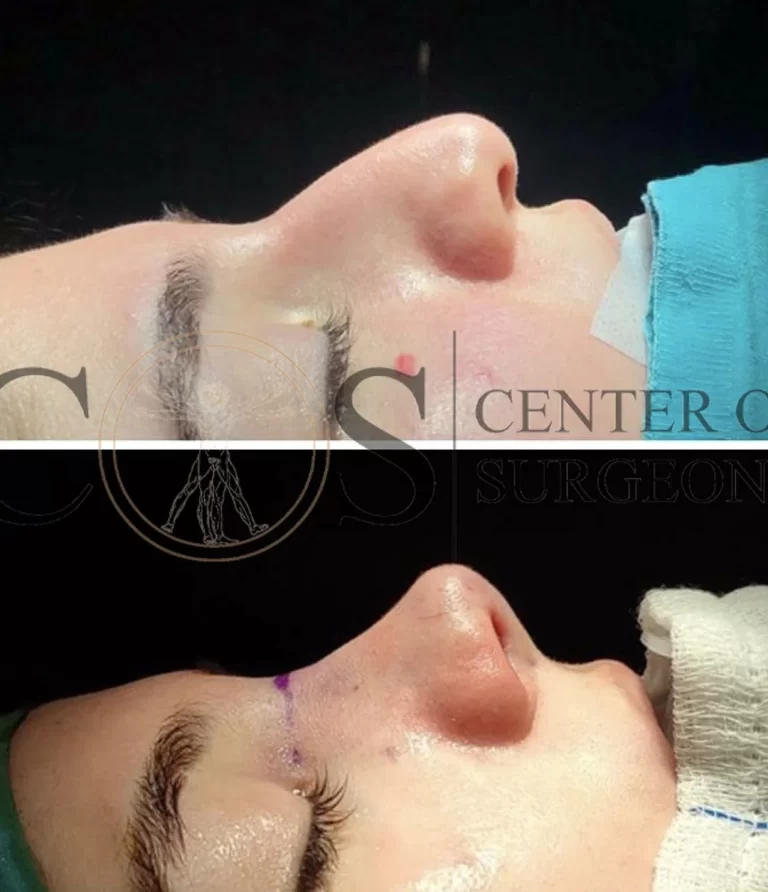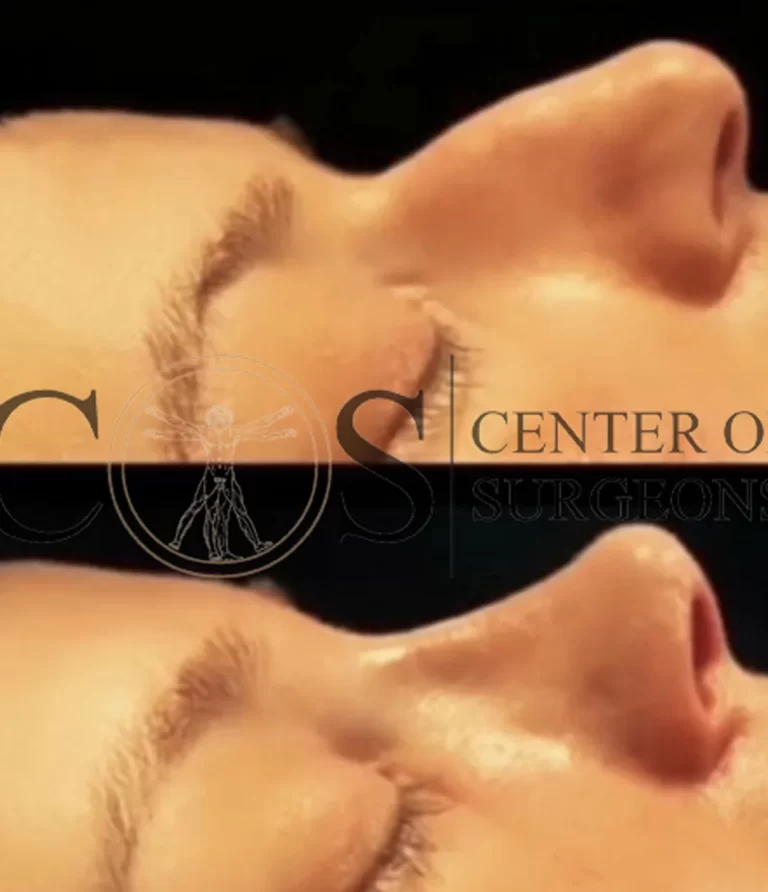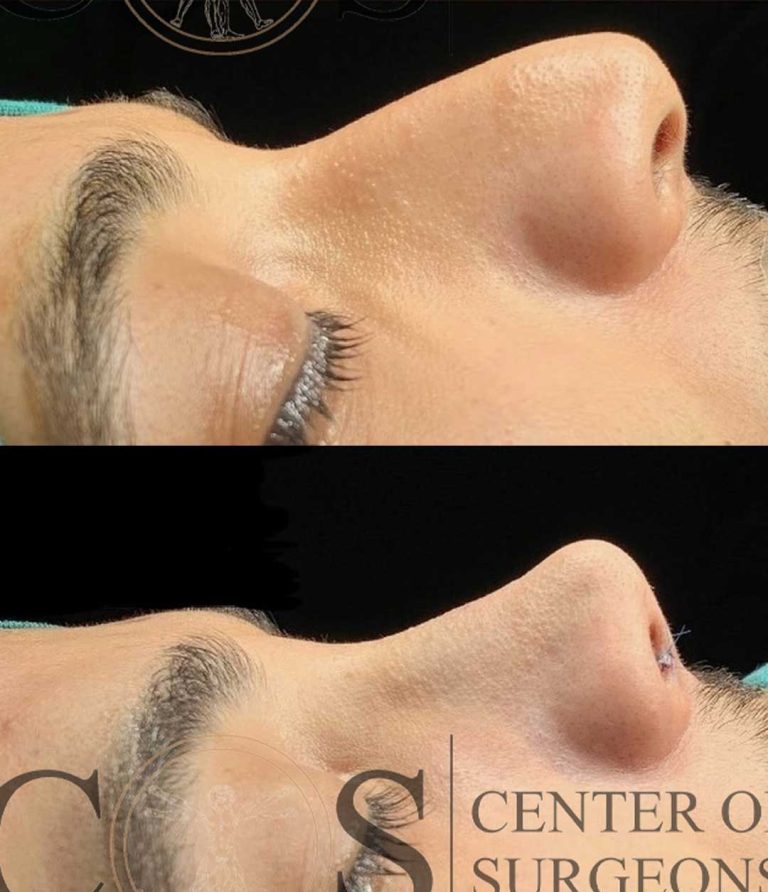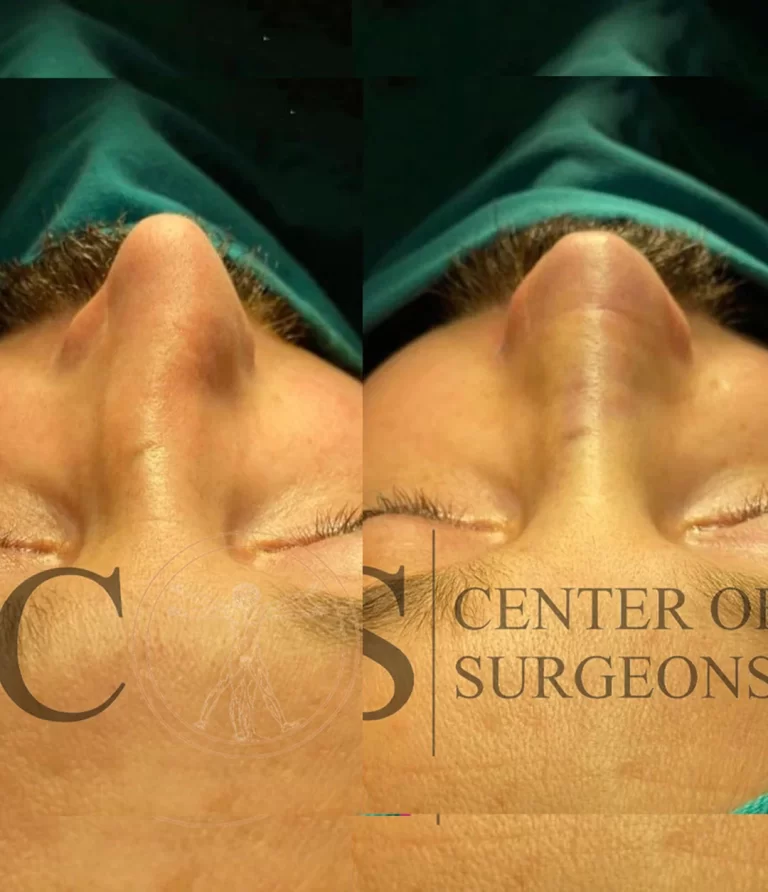Infertility
Infertility Treatment to Help You Build a Family
Move closer to your dream of parenthood with personalized infertility treatment options. Our expert team is here to support you with tailored solutions.
Book your free consultation now for a fresh, new look!
"Discover our solutions with a free consultation—contact us today!"
Infertility means the inability to conceive within certain parameters. It can be caused by female, male or both genders and unknown problems.
Infertility
Infertility means the inability to conceive within certain parameters. It can be caused by female, male or both genders and unknown problems.
Male infertility factors
Male infertility can be caused by varicocele, trauma, low or no sperm count, sperm damage, alcohol use or certain diseases such as diabetes, cysticfibrosis, autoimmune diseases, infections, hormonal disorders and genetic disorders.
Risk factors for male infertility include alcohol and drug use, toxins, smoking, age, health problems such as obesity, drugs such as testosterone, radiation, excessive testicular temperature, and chemotherapy.
Female Infertility Factors
Risk factors for female infertility include age, clogged fallopian tubes, polycystic ovary syndrome, uterine problems, stress, poor diet, athletic training, and the risk factors listed for men.
After the age of 35, about 33% of couples experience fertility problems. Older women’s eggs are less in number, not healthy, and less likely to be released from the ovary. The woman is also more likely to experience miscarriage and other health problems.
Women under the age of 35 should try for one year, and women over the age of 35 should try to get pregnant for 6 months before consulting their doctor if there is no health problem.
Doctors use both partners’ histories and may perform tests such as sperm studies, ovulation tests, ultrasound, hysterosalpingography, or laparoscopy.
Infertility can be treated with medication, surgery, artificial insemination or assisted reproductive technology, depending on the couple’s test results and other factors.
In about 80% of couples, the cause of infertility is either an ovulation problem, a blocked fallopian tube, or a sperm problem. In 5-15% of couples, all tests are normal and the cause is unknown.
What Are Infertility Treatments?
Infertility in men and women can also be treated with assisted reproductive technology or ART. There are several types of ART.
- IUI: Sperm are collected and placed directly into the woman’s uterus during ovulation.
- IVF: Sperm and eggs are collected and brought together in the laboratory. The fertilized egg grows in 3 to 5 days. The embryo is then placed in the woman’s uterus.
- GIFT and ZIFT: Sperm and eggs are collected and quickly placed in the fallopian tube. İn GIFT, both sperm and egg are placed in the fallopian tube. İn ZIFT, sperm and eggs are brought together in a laboratory environment and the fertilized egg is placed in the tube after 24 hours.
What is infertility?
Infertility is the inability to conceive after 12 months of unprotected intercourse (or 6 months for women over 35). It can be due to male, female, or unexplained factors.
What are the common causes of infertility?
- Female factors: Ovulation disorders, blocked fallopian tubes, endometriosis, PCOS, or hormonal imbalances.
- Male factors: Low sperm count, poor motility, abnormal sperm shape, or hormonal issues.
- Unexplained infertility: No clear medical cause, affecting about 10-15% of couples.
What are the treatment options for infertility?
- Ovulation Induction: Medications like Clomid or gonadotropins stimulate egg production.
- Intrauterine Insemination (IUI): Sperm is placed directly into the uterus to improve fertilization chances.
- In Vitro Fertilization (IVF): Eggs are fertilized in a lab and implanted into the uterus.
- ICSI (Intracytoplasmic Sperm Injection): A single sperm is injected into an egg to aid fertilization.
- Donor Eggs, Sperm, or Embryos: Options for severe infertility cases.
- Surrogacy: When carrying a pregnancy is not possible.
How do I know which infertility treatment is right for me?
A fertility specialist will conduct tests such as hormone analysis, ultrasound, semen analysis, and genetic screening to determine the best approach.
What are the success rates of infertility treatments?
- IUI: 10-20% per cycle
- IVF: 40-60% per cycle (for women under 35)
- ICSI: Higher success for male factor infertility
Is infertility treatment painful?
Most treatments involve mild discomfort from injections or minor procedures, but pain is minimal.
How long does infertility treatment take?
Treatment length varies. IUI takes a few weeks, while IVF cycles last 4-6 weeks. Some couples may need multiple cycles for success.
How much does infertility treatment cost?
- IUI: $500 – $2,000 per cycle
- IVF: $8,000 – $15,000 per cycle
- ICSI & Additional Procedures: $1,500 – $5,000
